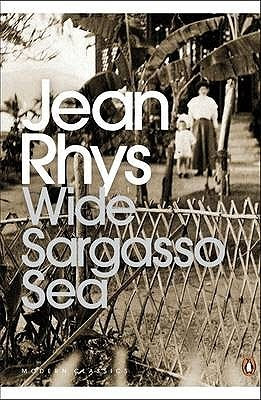


These cornered creatures are based on the author herself, and all suffer from the lassitude-the lack of élan vital-that plagued Rhys for most of her life, causing her to note in her unfinished, posthumously published autobiography, Smile Please (1980): “Oh God, I’m only twenty and I’ll have to go on living and living and living.” Armed with kohl-blackened eyelids and feigned indifference, they dine out on erotic allure that fades even as they banter with the men on whose good humor and money they depend, only to end up sooner or later drunk and alone. Rochester, her characters are bewildered women of the demimonde who reside in what she describes as “lowdown” sorts of places: cheap hotels and seedy boardinghouses. With the exception of Rhys’s last novel, Wide Sargasso Sea, which reimagines Jane Eyre’s Mrs. Like those of Marguerite Duras and Katherine Mansfield, Rhys’s natural psychological habitat was despondency of a particularly female kind-what Mansfield in her notebooks describes as “an air of steady desperation,” hinging on desiring and desirability. Her pellucid writing, in which shards of pained observation cut a jagged edge in an otherwise fluid style, is so accessible that it is easy to overlook the art-the tight control-behind the seeming artlessness. Jean Rhys lived a hard-luck life and wrote, almost exclusively, about hard-luck women.


 0 kommentar(er)
0 kommentar(er)
